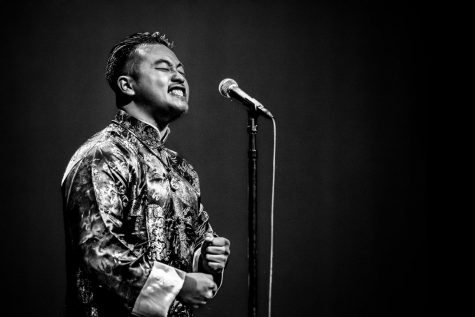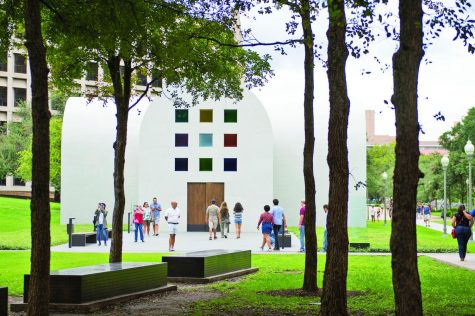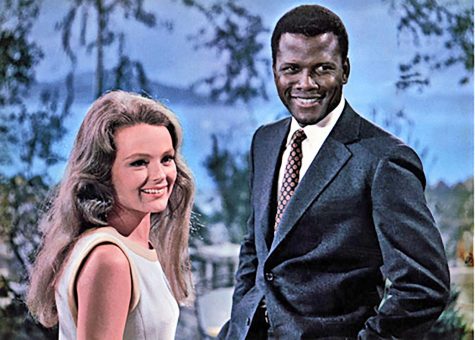MMNT ends fall with Galileo
“The Life of Galileo” is another feather in Mary Moody Northen Theater’s cap. Bertolt Brecht is not to be undertaken lightly, and director Michelle Polgar did not take this production half-heartedly. From the beginning, the spectacle of the play was impressive. Settings and props were well chosen and set the mood perfectly.
The costumes were also one of the production’s highlights. There is always the necessity in theatre to make do with a few non period pieces, a pair of trousers or a white shirt for example, but these were seamlessly (pardon the pun) incorporated with the rest of the pieces, which were uniformly impressive and well done.
The puppets must also be mentioned. Enormous and a little intimidating, they swept across the stage and added a much-appreciated interlude of fun and foolery to the scientific dialogue.
Projected onto screens on the raised parts of the stage were strategic images, a letter being written or planets seen through the telescope. This was a very nice touch, and perhaps could have been used even a bit more.
Even cooler, strips of silver-blue lighting had been set into the floor in the shape of the solar system, and different rings of it were lit up to create boundaries and dramatic effect.
The play itself is long and dense, but was performed with admirable energy the whole way through.
David Stahl, a guest equity actor who portrayed Galileo, and who therefore was on stage the majority of the time, did a commendable job of keeping focus and energy even in the more sedate scenes, and he certainly powered through the more intense ones.
All the actors were fully invested in their characters, no matter how many different people they portrayed, and there were not noticeable slip-ups in all that formidable dialogue.
When Brecht wrote the play he was sneakily disguising condemnation of the Nazis behind an old story. There was no evidence of that in this production, as some have chosen to show, but a story about truth and oppression is a story about truth and oppression, and is stirring no matter what century it is set in, the 14th or the 20th.





